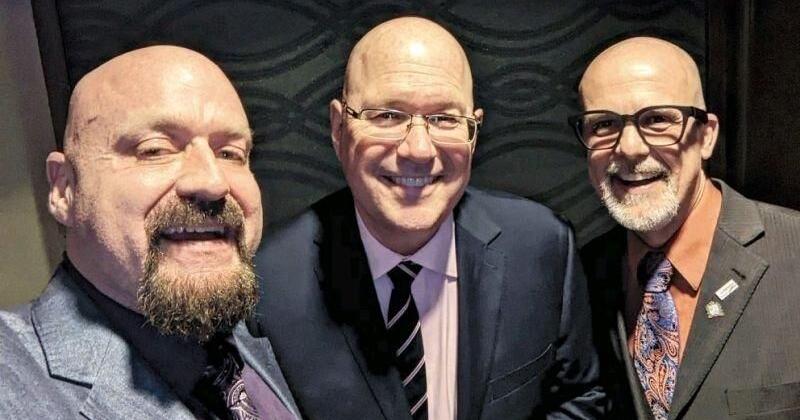kamira51
Active Member
I recently read a few sections from John Sewells bookWe make it too easy for sleeper towns to exist here. We’ll expand highways at will for any town within 100km of a major urban centre, and ignore that those cities wouldn’t function otherwise as they’ve lost all but retail employment locally.
Those sleeper towns then expect any kind of share of public transit to and from them to be someone else’s—generally, the urban centre’s—responsibility.
Hint: because cars.
Our system is broken.
Shape of the Suburbs: Understanding Toronto's Sprawl
And it really did open my eyes regarding sprawl and the issues it brings, the biggest being infrastructure costs during the 70s and 80s.People warned the government about needing to curb sprawl during that time period, but it fell on deaf ears.
It's a very good book and highly recommend it.






